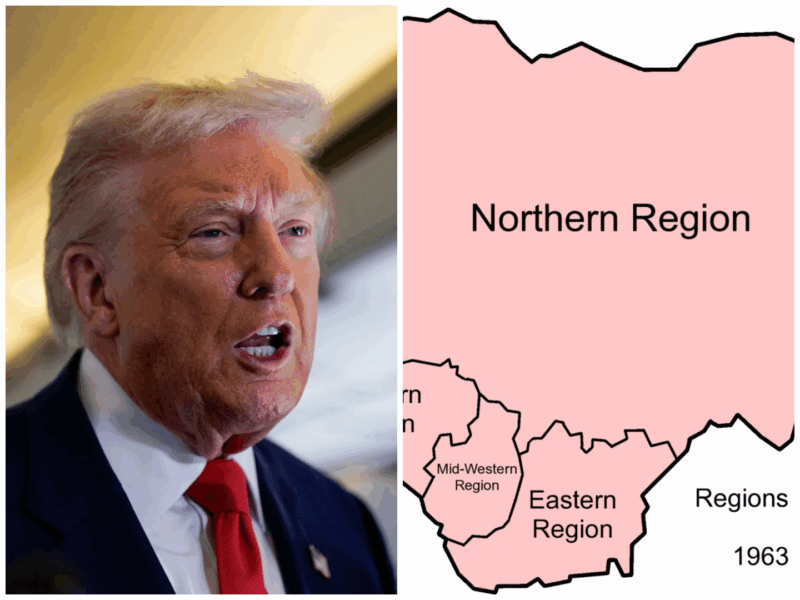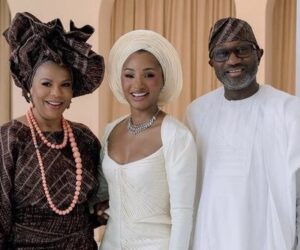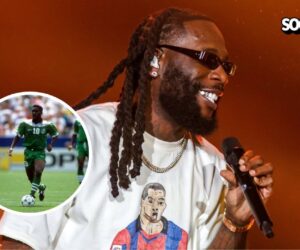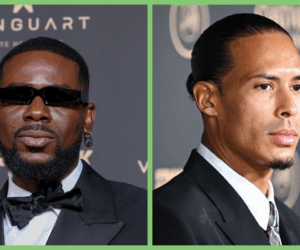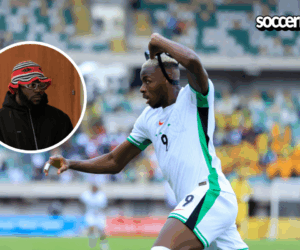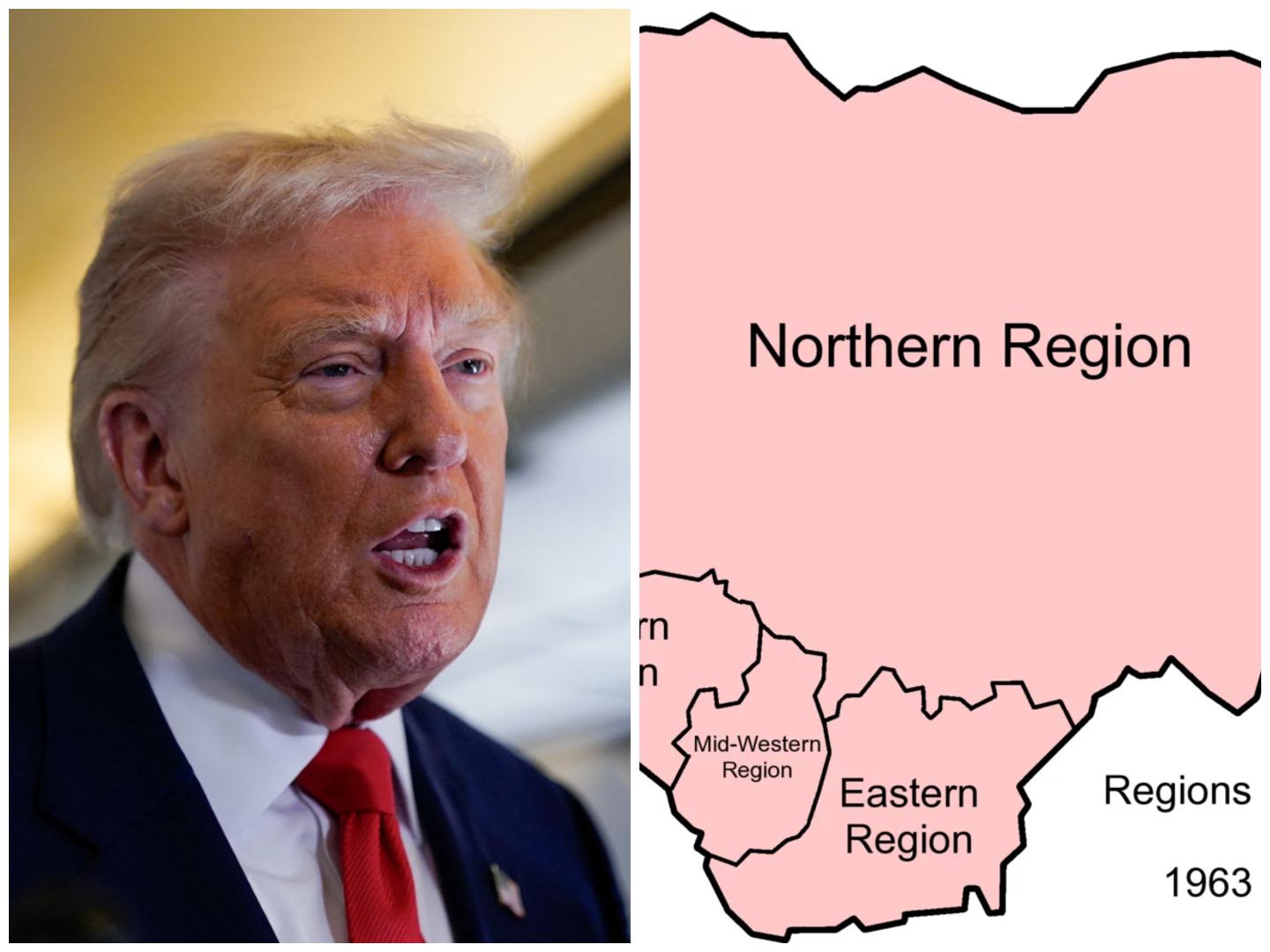
US President Donald Trump set off an international firestorm after announcing that he had ordered the Pentagon to begin planning for potential military action in Nigeria. The move follows his claim that the Nigerian government has failed to stop the killing of Christians in Northern Nigeria.
In a post on Truth Social and syndicated on other social media platforms, Trump wrote:
If the Nigerian Government continues to allow the killing of Christians, the USA will immediately stop all aid and assistance to Nigeria, and may very well go into that now disgraced country, ‘guns-a-blazing,’ to completely wipe out the Islamic terrorists.
He added that any US attack will be fast and vicious. The comment came after Nigeria’s President Bola Ahmed Tinubu rejected Trump’s initial statement, in which he announced the designation of Nigeria as a “country of particular concern” for religious persecution.
Tinubu countered that Nigeria remains a secular state that protects freedom of religion under its constitution.
Religious freedom and tolerance have always been a core tenet of our collective identity…Nigeria opposes religious persecution and does not encourage it.
ALSO READ: Trump hits Nigeria, 66 others with 15% tariff as global trade war brews
What Led To This?
Trump’s renewed focus on Nigeria follows lobbying by US Senator Ted Cruz, who recently introduced the Nigeria Religious Freedom Accountability Act of 2025. The bill calls for visa bans and asset freezes on Nigerian public officials accused of enabling or ignoring religious violence, especially through Sharia law enforcement.
Under the proposed law, the US Secretary of State must identify Nigerian officials, governors, judges, and traditional rulers who have “promoted or maintained blasphemy laws” or tolerated religiously motivated violence. Sanctions would be imposed under the Global Magnitsky Human Rights Accountability framework (Executive Order 13818).
RELATED: Why Trump is punishing Nigeria amid tough visa rules
The 12 Northern States Under U.S Scrutiny
For context, twelve predominantly Muslim northern states, after Nigeria’s 1999 return to civilian rule, moved to expand Sharia from personal status law into criminal and public-morality codes (around 1999–2001). That expansion created parallel Sharia criminal provisions including blasphemy offences in many states.
The new Sharia courts and enforcement agencies (hisbah) established in these states formalised punishments that critics say enable discrimination or violent vigilantism.
Observers have argued that repeated high-profile blasphemy cases, lynchings, and extremist attacks concentrated in these states are part of the reasons for the U.S. concern and for bills proposing visa bans and asset freezes for officials who “promote, enact or maintain blasphemy laws” or tolerate religiously-motivated violence.
The 12 northern Nigerian states are:
1. Zamfara
-
Pioneer of full Sharia, declared by Gov. Ahmad Sani Yerima in 1999.
-
Established Sharia courts and hisbah boards; became the model for other states.
-
Critics say the move institutionalised dual legal systems with unequal protection for minorities.
RECOMMENDED: Nigerian students face fresh U.S. visa delays as Trump orders embassy to stop issuing F1 visas
2. Kano
-
Adopted the Sharia criminal code in 2000.
-
High-profile case: Yahaya Aminu Sharif (2020), sentenced to death by a Sharia court for alleged blasphemy; conviction later vacated pending retrial.
-
Repeated mob incidents over alleged insults to religion have drawn global attention.
3. Sokoto
-
Adopted Sharia soon after Zamfara.
-
Incident: Deborah Samuel Yakubu was lynched in 2022 after a classroom blasphemy accusation.
-
Rights groups accuse authorities of failing to prosecute perpetrators.
4. Katsina
-
Implemented Sharia statutes in 2000.
-
Local reports cite occasional morality prosecutions and communal clashes with religious undertones.
SEE THIS: Tinubu’s govt not responsible for Christian killings – Obidike tells US govt
5. Bauchi
-
Expanded Sharia criminal law in 2001.
-
Cases of mob attacks on alleged blasphemers are reported.
6. Borno
-
Adopted Sharia, but violence is dominated by the Boko Haram and Islamic State West Africa Province (ISWAP) insurgency.
-
U.S. concern focuses on jihadist killings of both Christians and Muslims.
7. Jigawa
-
Adopted Sharia alongside neighbouring states; has hisbah boards enforcing morality.
-
Human-rights observers note potential for discriminatory enforcement.
EXPLORE: Beyond the Nobel: Why Would the U.S. Revoke Wole Soyinka’s Visa?
8. Kebbi
-
Early Sharia adopter (1999–2000).
EXPLORE: 5 Donald Trump executive orders that may reshape Nigeria, Africa’s future
9. Yobe
-
Adopted Sharia; also an insurgency-hit region.
-
Frequent jihadist attacks and displacement crises have heightened religious tensions.
10. Kaduna
-
Adopted a partial Sharia system despite its large Christian population.
-
The 2000 & 2002 sectarian riots left thousands dead.
-
Continues to face communal violence in Southern Kaduna.
11. Niger
-
Enacted Sharia criminal provisions; operates Sharia courts.
-
There are limited blasphemy cases, but they are still under scrutiny within the legal framework.
12. Gombe
-
Adopted Sharia criminal codes and hisbah agencies.
Nigeria’s Legal Community Pushes Back
Nigeria’s legal heavyweights have condemned Trump’s rhetoric and the threat of foreign intervention. Adedayo Adedeji (SAN) said:
In international law, every state has the fundamental right to independence and to exercise full legal power within its territory, free from external dictation. The United States cannot just come into Nigeria to fight alleged cases of Christian genocide. Such action would violate the UN Charter and Nigeria’s sovereignty.

